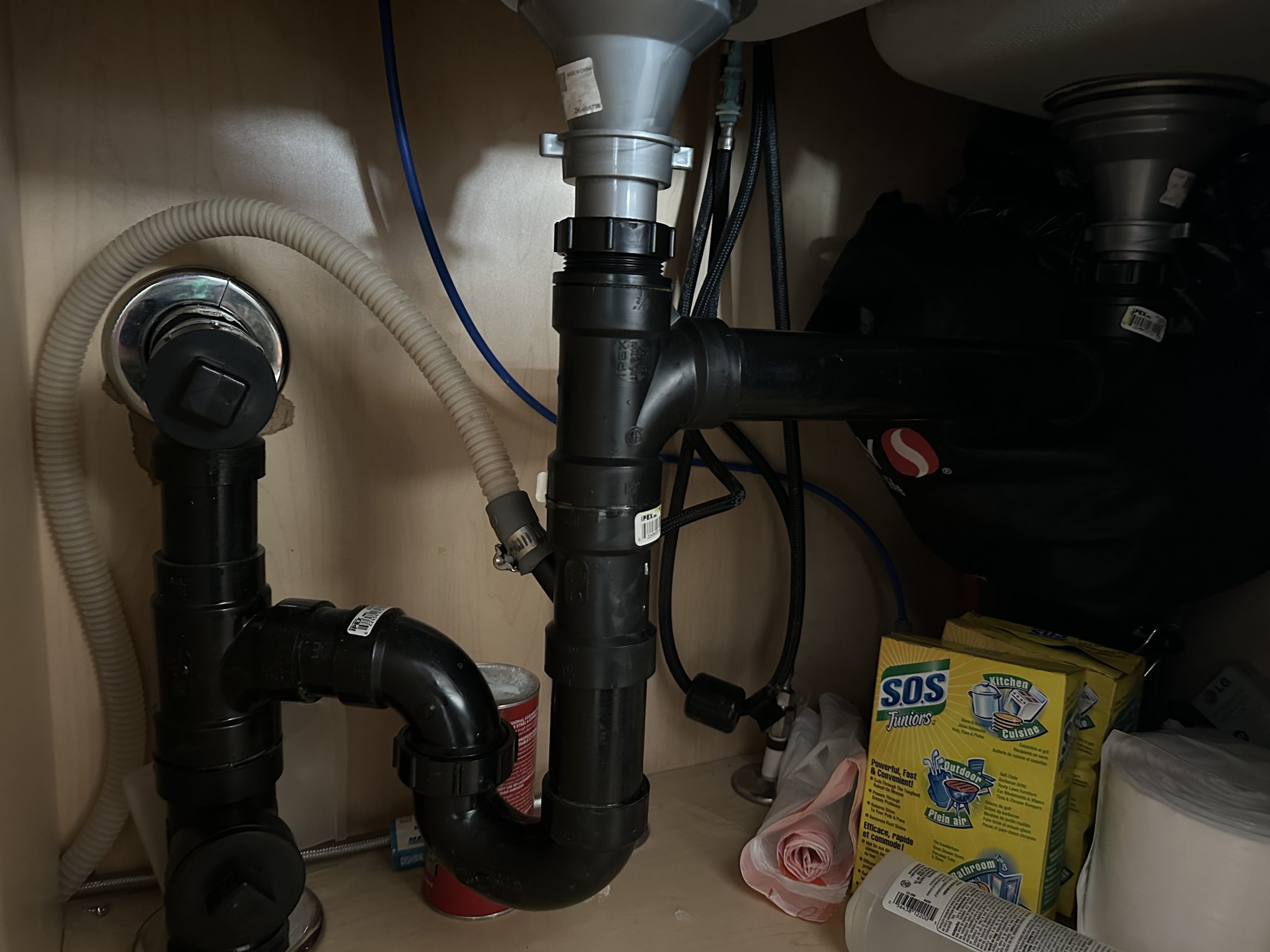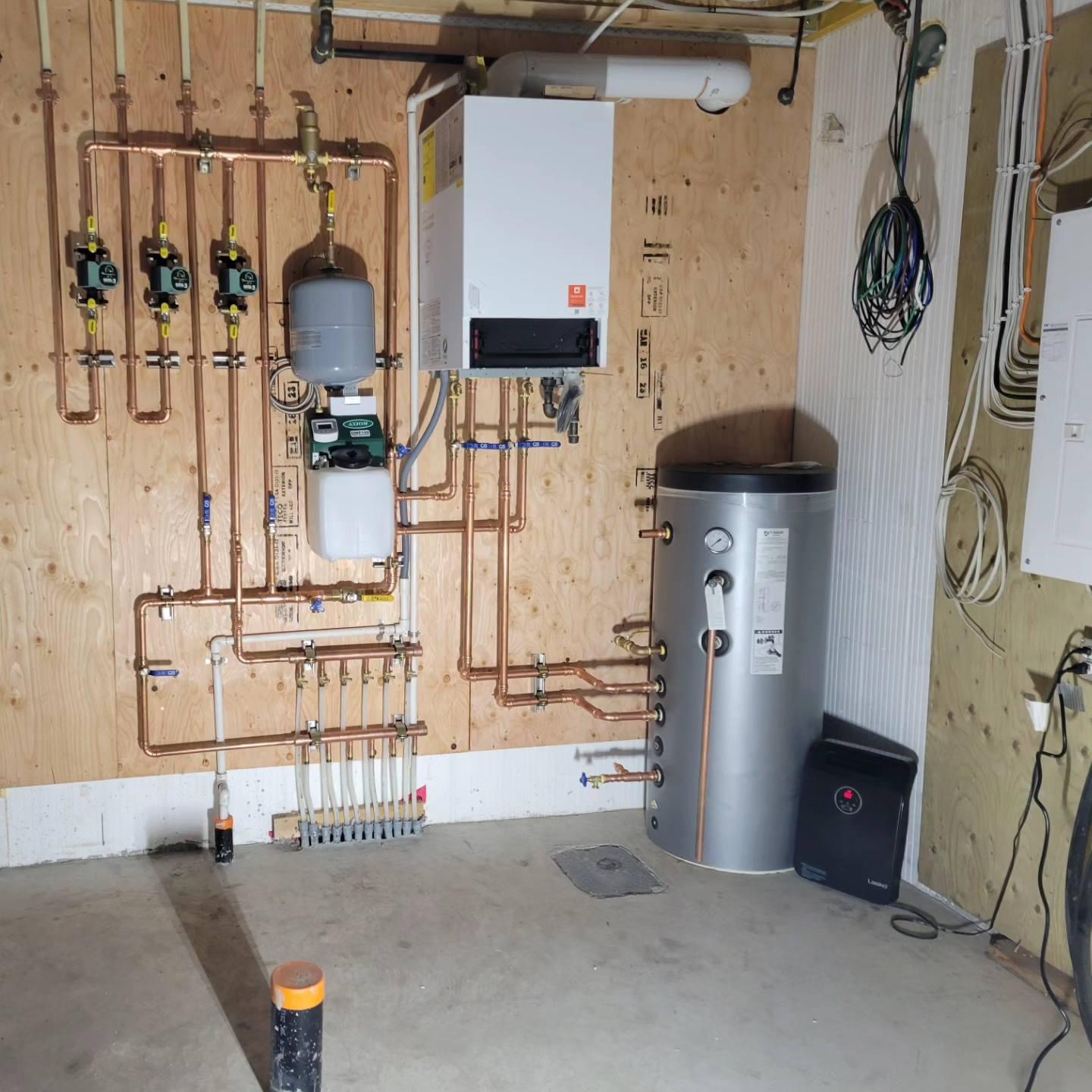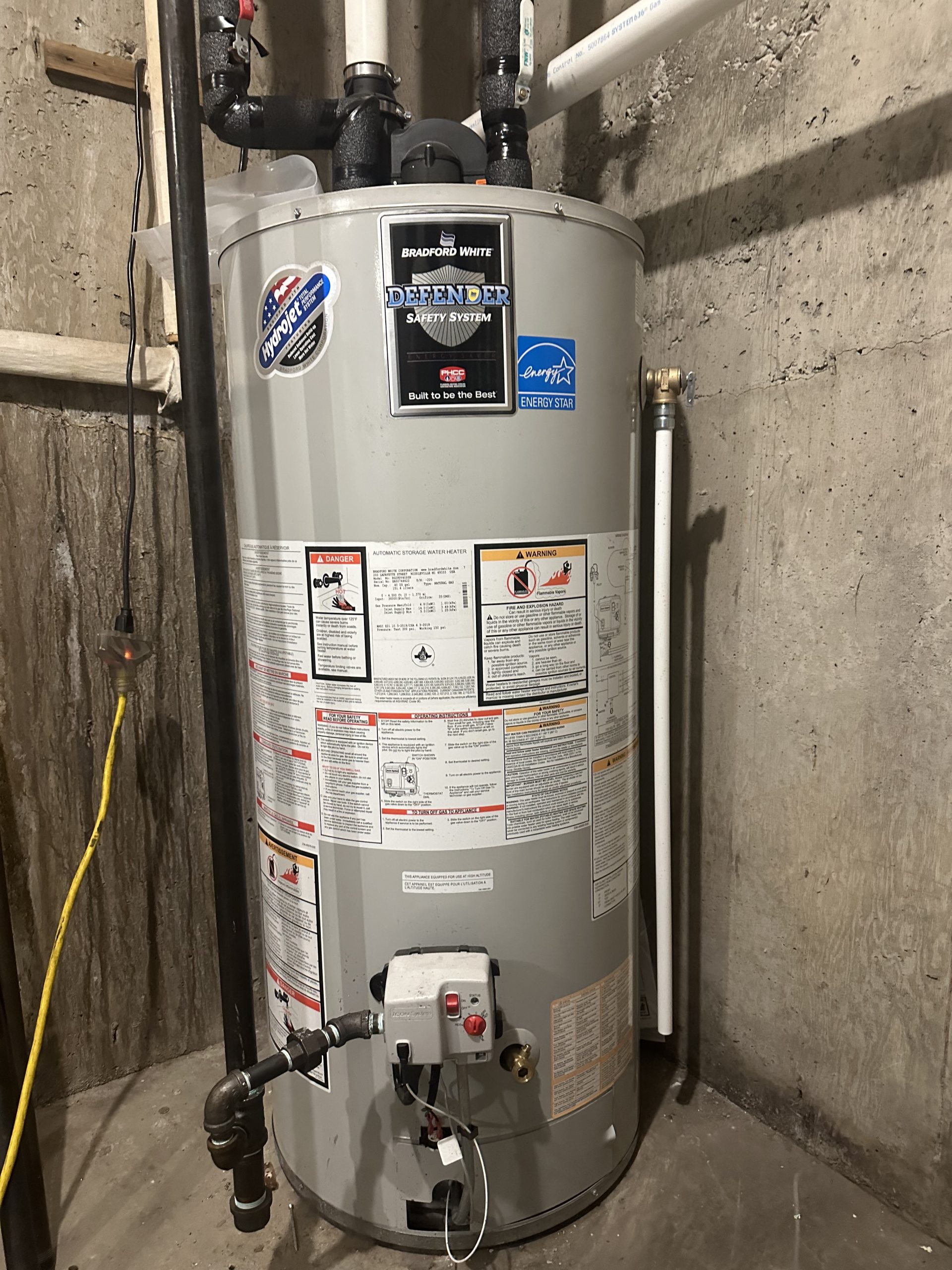Introduction
Plumbing problems can arise when we least expect them. One moment, everything is functioning smoothly, and the next, you're staring at a gushing pipe or an overflowing toilet. Recognizing whether a plumbing issue is an emergency or just a minor problem can save you from unnecessary panic and expenses. Knowing when to call an emergency plumber versus addressing a minor issue yourself is crucial for every homeowner. In this comprehensive guide, we will delve deep into the nuances between plumbing emergencies and minor issues, providing you with the knowledge to make informed decisions when trouble strikes.
What Constitutes a Plumbing Emergency?
Understanding Emergencies in Plumbing
A plumbing emergency typically involves situations that pose immediate risks to your property or health. Common signs include:
- Severe Water Leaks: If water is gushing from pipes, it can lead to significant damage. Blocked Toilets: An overflowing toilet can create unsanitary conditions. Sewage Backup: This poses serious health hazards.
Indicators of a Plumbing Emergency
Rapid Water Accumulation: If water rises quickly in your home, take action immediately. Uncontrollable Water Flow: If you can't stop the flow using normal methods. Visible Damage: Any signs of structural damage due to leaking water.When to Call an Emergency Plumber?
You should contact an emergency plumber if:
- The issue cannot be resolved with basic tools. Your safety is at risk due to flooding or gas leaks.
Common Plumbing Emergencies
Burst Pipes
Burst pipes are perhaps the most daunting plumbing emergencies. They can occur due to freezing temperatures, corrosion, or high water pressure.

Signs of Burst Pipes
- Sudden spikes in your water bill Wet spots on walls or ceilings Low water pressure
Overflowing Toilet
An overflowing toilet can lead to unsanitary conditions and substantial property damage.
How to Handle an Overflowing Toilet
Turn off the water supply. Use a plunger to try clearing it. Call an emergency plumber if it persists.Sewage Backups
Sewage backups are not only unpleasant but also hazardous.
Symptoms of Sewage Backup
- Foul odors emanating from drains Multiple fixtures backing up simultaneously Gurgling sounds in pipes
Minor Plumbing Issues Explained
Leaky Faucets
While annoying, leaky faucets usually do not require immediate attention.
How to Fix Leaky Faucets Yourself
Turn off the water supply. Disassemble the faucet using basic tools. Replace worn-out washers or O-rings.Slow Draining Sinks
This issue often stems from simple clogs but does not usually signify an urgent problem.
Steps for Addressing Slow Drains at Home
Use baking soda and vinegar for natural unclogging. Employ a plunger if necessary. Remove hair clogs manually if possible.How to Identify a Plumbing Emergency vs. a Minor Issue?
Determining whether you’re facing a plumbing emergency comes down to assessing both urgency and potential damage:
Ask yourself:- Is there visible flooding? Is this affecting multiple areas of my home? Could this potentially harm my family’s health?
If you answer "yes" to any of these questions, it's likely time for that emergency plumber's number!
Emergency Plumbing Services: What You Need To Know?
1. Understanding Emergency Plumbing Services
Emergency plumbing services offer rapid response times during critical situations requiring immediate attention.
2. Costs of Emergency Plumbing Services
Costs vary based on location and time but expect higher rates during weekends or holidays compared to regular services.

3. Finding Reliable Emergency Plumbers
To find trustworthy plumbers:

- Ask for referrals from friends or family. Check online reviews on platforms like Yelp and Google Reviews.
Preventative Measures: Avoiding Plumbing Emergencies
1. Regular Maintenance Checks
Routine maintenance can help identify potential problems before they escalate TMK Plumbing & Heating into emergencies.
Best Practices for Maintenance
- Inspect pipes regularly for signs of wear and tear. Clean gutters and drains frequently.
2. Knowledge About Your System
Understanding your home’s plumbing system allows for better troubleshooting in case of minor issues before they morph into larger problems.
FAQs about Plumbing Emergencies
Q1: What should I do if I have no water supply?
If you experience no water supply suddenly, check with neighbors first—if they face similar issues, it might be a municipal problem; otherwise, contact an emergency plumber immediately!
Q2: How can I prevent frozen pipes?
Insulate exposed pipes during winter months and keep faucets dripping slightly during frigid temperatures.
Q3: Can I handle all plumbing issues myself?
While small tasks like changing washers can be DIY projects, always consult professionals for complex situations like burst pipes or severe leaks.
Q4: When should I consider repiping my home?
If you're constantly experiencing leaks or low pressure across multiple fixtures, consider consulting with professional plumbers regarding repiping options.
Q5: Are DIY fixes always cost-effective?
Not necessarily! Some repairs may lead to further complications down the line; weigh costs against hiring experienced professionals carefully!
Q6: What’s included in an emergency plumbing service call?
Typically includes assessment of the issue followed by immediate repair services as needed; costs may vary based on severity!
Conclusion
Identifying whether you're dealing with a plumbing emergency versus a minor issue requires knowledge and awareness of your home's systems—and sometimes intuition! Always err on the side of caution; when in doubt about how serious things may be, it's better to reach out for help than risk extensive damage that may arise from neglecting potential emergencies! By understanding common issues as well as preventative measures available today—from routine inspections down through proper education—you'll feel empowered moving forward into any future challenges ahead! Remember that knowing how to identify a plumbing emergency vs a minor issue could very well save your day (and wallet).
In conclusion, being proactive about plumbing issues not only saves money but also ensures peace of mind throughout your home ownership journey!